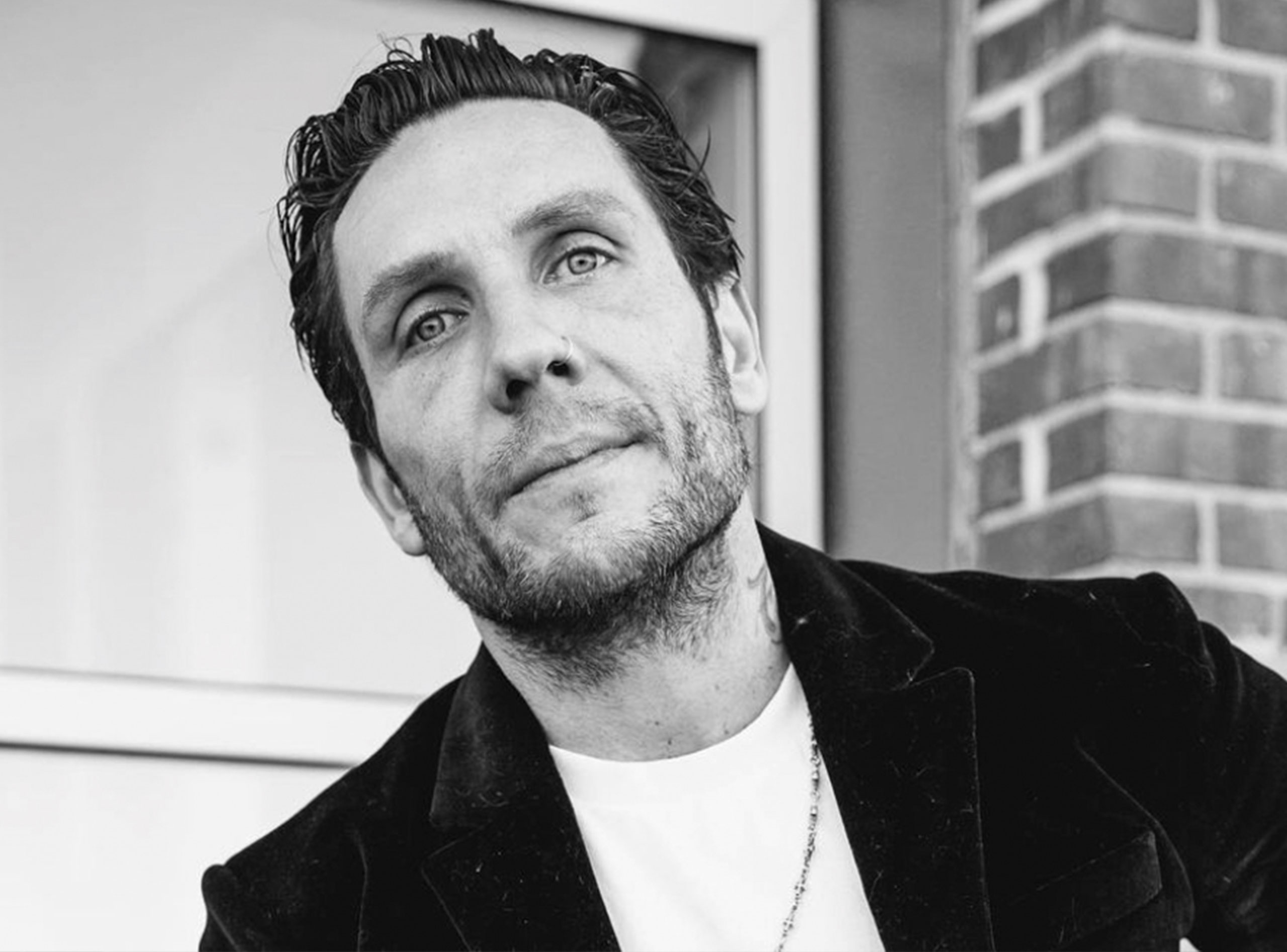
An intervention is a meeting set up by the family and friends of an individual suffering from an addiction. The purpose of an intervention is to help the addict realize the repercussions of their problem in the hopes of encouraging them to receive treatment at a rehab center.
Staging an intervention for a loved one can be difficult. They may be in denial of their problem, which can make it difficult to help them get the treatment they need. If you’re wondering how to stage an intervention, these tips can help.
What Happens in an Intervention?
An intervention allows an addict’s closest friends and family members to share their concerns and support. During an intervention, each person usually reads their intervention letters aloud, one by one. These letters are meant to express love for the individual and help them realize how their addiction has affected others. This is not an opportunity to point fingers, but rather a moment where the person can have the addict’s complete attention. Interventions led by intervention specialists also include education about addiction, helping both the individual and their friends and family better understand this disease.
How to Set Up an Intervention: Do’s and Don’ts
Learning how to stage an intervention the right way can help you avoid things like family drama and the person’s lack of cooperation. While you can’t force anyone into receiving addiction treatment, nor is it encouraged, there are tips for staging an intervention that you can follow to increase your chances of a successful meeting.
Do’s
- Do hire an intervention specialist: A certified intervention specialist is someone who is trained and licensed to lead an intervention. There are plenty of reasons to hire an intervention specialist – the most important one is to keep distractions from getting in the way of the meeting’s purpose.
- Do create a script: A script is a guide that helps the group stay on track. Having a script can prevent the intervention from steering off course into a disturbing or irrelevant conversation.
- Do write intervention letters: Intervention letters give loved ones the opportunity to organize their thoughts and feelings ahead of time, minimizing any family drama or emotional outbursts that could jeopardize the meeting.
- Do appoint one leader: Even if you’ve hired an intervention specialist, it’s important to appoint a leader, someone who would either organize the meeting themselves or act as a liaison between the group and the specialist.
Just as there are many things you should do, it’s also important to know what NOT to do at an intervention as well.
Don’ts
- Don’t have the intervention last minute: Avoid going into an intervention without preparing. Having no game plan sets you up for failure. Staging an intervention is a delicate matter and a lack of preparation increases the chances of something going wrong.
- Don’t let everyone talk all at once: Not only can a leader or specialist help to prevent this, but nothing is more frustrating or intimidating than having several people talking to you at once. This can make the individual feel as if they’re being cornered. Make it a point to take turns speaking.
- Don’t hold the intervention if the person is high or intoxicated: It’s important that the individual this intervention is for is sober for it. If the addict is high or intoxicated, they may not understand what’s going on or they may not take it seriously. It’s better to speak to them when they’re clear-headed and able to understand everything.
- Don’t invite everyone: Do not invite every single friend or family member. Interventions are meant to only include a small group of people who are closest to the person and have their best interests in mind.
Before he became a recovery advocate for Redemption Addiction Treatment Centers, Brandon Novak struggled with heroin addiction for years. After several attempts at getting clean, Brandon finally achieved his recovery goals and has even celebrated 5 years of sobriety. As a certified intervention specialist himself, he now helps others achieve their goals as well.
If you or someone you know is struggling with a drug or alcohol addiction, or you want to have an intervention for a loved one, call Brandon today at (610) 314-6747 to learn how he can help.
Related Reading:





